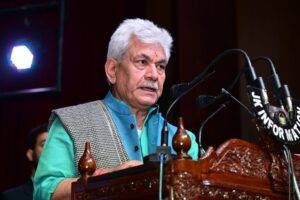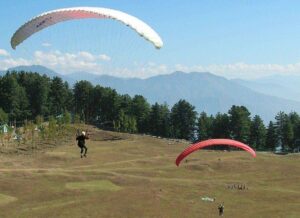Last Updated on November 30, 2020 at 2:13 pm
It has been almost 14 months since the region of Kashmir is devoid of internet services still the Central government has not explained reasons. Congress leader Shashi Tharoor headed a Parliamentary Standing Committee on Information Technology on Wednesday and asked home ministry officials reasons why it has not been restored yet.
The home ministry cited national security reasons and refused to answer questions, claiming that the matter could not be discussed as it was sub judice. It was also the same reason in August which had forced the Tharoor panel to drop the subject. It was also argued by the Union government that it does not maintain a record of “suspension orders issued by various state governments including Jammu and Kashmir”.
The Centre is using formalities to avoid questions on Kashmir. The government based their excuses on national security to avoid questions.
The government has been citing security reasons for more than a year as a reason to suspend high-speed internet. It alleges that militant networks and “anti-national elements” would misuse internet facilities to help circulate propaganda from the Pakistan. But apparently these internet restrictions have not made any significant differences. According to the reports, 2020 has the second highest number of militancy cases in a decade. As of early November, 191 militants had been killed and 145 new recruits had picked up arms. Frequent gunfights and militant attacks still continue to take place, including a recent shootout on Thursday in Srinagar which became the cause of the death of two soldiers. Internet restrictions continue to heavily affect everyday life, including businesses, education and healthcare that too in the middle of a pandemic.
Home ministry’s claim that only state governments maintain records of suspension orders also doesn’t sounds very convincing. As after August 5, 2019, Jammu and Kashmir was bifurcated into two Union Territories which are controlled by the Central government so the responsibility to maintain records also goes to the Centre.
All channels of democratic accountability have seem to closed up in Jammu and Kashmir over the past year. The legislative assembly was the first to go down as the Centre revoked special status and turned the erstwhile state into Union Territories. The silence of judiciary has also disappointed those who have faith in the democracy.



